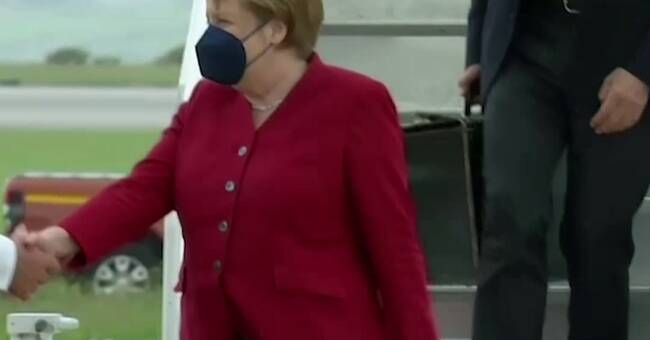When the great power club with France, Canada, Germany, Italy, USA, Japan and Great Britain now meet, issues such as climate, world trade, relations with Russia and China and of course the pandemic are on the agenda.
The host of the meeting, the British Prime Minister Boris Johnson, stated in his opening speech on Friday afternoon that the G7 meeting - the first with a physical presence in almost two years - is a "giant chance" to kick-start the recovery after the pandemic.
"Feminine and gender neutral"
- We must be sure that when we recover, we will raise further levels and build further.
We, the G7, have a huge chance of doing this, Johnson said.
The British Prime Minister also reasoned in his speech that after the "miserable pandemic" it was possible to build something new in a "more gender-neutral, more feminine way".
The pandemic characterizes much of the logistics around this year's meeting: Events take place with a real social distance and dinners are eaten outdoors if possible.
"The world's vaccine arsenal"
Already in advance, the meeting has created waves in world politics.
Joe Biden has announced plans to "make the United States the world's vaccine arsenal" by donating half a billion doses of vaccine to countries that have lagged behind in vaccination.
And Britain says it expects the G7 countries together to be able to promise a billion doses.
French President Emmanuel Macron has called on the United States to contribute to stabilization efforts in the five African Sahel countries.
Last week, all G7 countries also agreed to support a minimum tax of 15 percent for global companies.
Several newcomers
Biden is not the only newcomer in the G7 crowd.
Japanese Prime Minister Yoshihide Suga is also participating for the first time.
Also participating are European Commission President Ursula von der Leyen and European Council President Charles Michel, as well as leaders from Australia, South Africa and South Korea whom the United Kingdom has invited as guests to this year's meeting.

